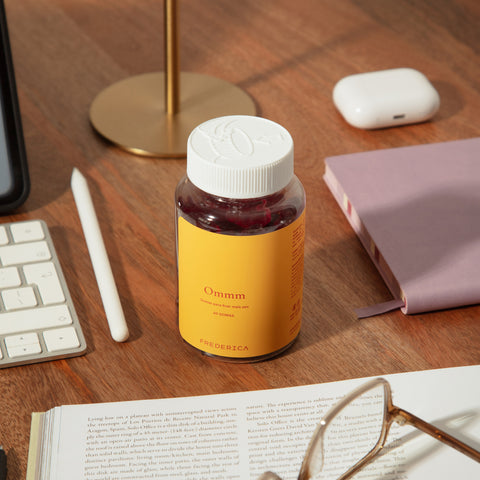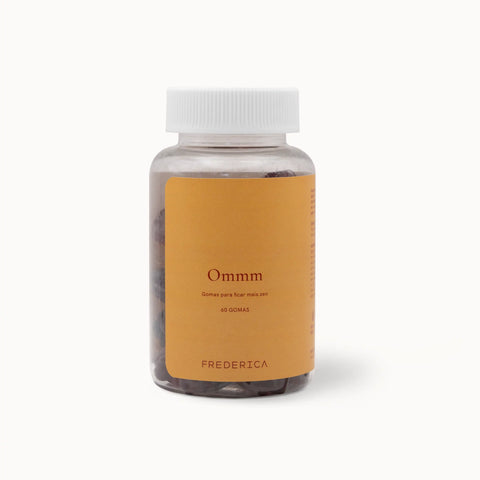Have you ever sweated before giving a public presentation or felt shy walking into a room full of strangers? The feeling of nervousness or discomfort in a social situation is something that almost all of us are familiar with, but the truth is that it can take on proportions that can affect our mental health.
Social anxiety, also known as social phobia, is a type of anxiety disorder that causes extreme fear in social situations and environments. People with this disorder have difficulty socializing, meeting new people and participating in social gatherings, as they fear being judged or evaluated by others, feeling unable to overcome their fears.
Unlike shyness, which is usually short-lived, social anxiety is persistent and debilitating and can affect our ability to attend college, work, or develop close relationships with others.
What could be the cause of social anxiety?
According to Vanda do Nascimento, therapist and Mindfulness instructor, “this type of anxiety can be triggered by countless different reasons, however, in general, there is always a connection to stress and common anxiety. It's a snowball: the person feels tired, with a weakened nervous system, and agitated just knowing that they will be in a convivial environment”.
Some of the common situations that can trigger this type of anxiety are:
Speak in public;
Talk to strangers;
Go to parties;
Talk on the phone;
Job interviews;
Eating in front of other people;
Make eye contact;
Use public bathrooms.
Symptoms
It is possible that not all of the above circumstances are a problem for someone suffering from social phobia: going to a party may be a nightmare, but talking to strangers, for example, may not cause any confusion. Still, according to Healthline , the symptoms of this disorder can occur in all social settings if we are facing an extreme case of social anxiety. Some of these manifestations are:
Excessive sweating;
Nausea;
Speech difficulties;
Tremors;
Dizziness;
Dizziness;
Fast heart rate.
On the other hand, other types of consequences can be triggered:
Missing school or work;
Feeling constant fear of social situations due to fear of being humiliated;
Feeling of anxiety or panic before a social interaction;
Fear of feeling ashamed in a social context;
Need for alcohol to cope with socialization.
Social anxiety disorder prevents the individual from living their life normally, as they tend to avoid situations that most people consider “normal”. In this way, the risk of having negative thoughts, suffering from depression and/or having low self-esteem increases considerably. If your social anxiety prevents you from doing the things you love and need to do, you should talk about your fears and concerns with a doctor or therapist experienced in treating social anxiety disorder.
Diagnosis and treatment
The mental health professional will detect a social anxiety disorder from a description of the symptoms and after examining certain behavior patterns.
There are several types of treatment for this problem, and results vary from person to person. Some people only need one treatment, while others may feel the need to opt for more than one.
Some of the options are:
Cognitive behavioral therapy;
Exposure therapy;
Group therapy;
Alternative therapies (acupuncture, reflexology, reiki, etc.)
Changes in routine that make a difference
There are some lifestyle changes that can improve the symptoms of this disorder, namely avoiding caffeine, chocolate and soft drinks, which are stimulants and can increase anxiety, as well as getting quality sleep and avoiding nicotine and alcohol.
The importance of countering negative thoughts
People with social anxiety tend to suffer from the permanence of negative and intrusive thoughts, and may fear that a certain social situation will embarrass or shame them. It is important to learn to identify any negative thoughts that may appear repeatedly, analyzing and challenging them. By evaluating thoughts and emotions, it is possible to master negative thoughts and replace them with more positive ones.
Highly Sensitive People (PAS)
In addition to social anxiety, there is another condition that does not always receive the attention it deserves: hypersensitivity. According to Vanda do Nascimento, “Highly Sensitive People (PAS) have been emerging more and more and are extremely sensitive to certain sounds, traffic chaos, people's energy, etc.”.
On a social level, this type of person “needs to meet some specific conditions so that they do not feel so much anxiety in the context of socialization” and, generally, “they prefer to be in small groups, avoiding noise and visual clutter”, explains the therapist.
Experiencing the world differently from other people, the highly sensitive individual is more aware of subtleties, processing them more deeply. “You may not even be experiencing any specific problem or anxiety, but just the fact that you have extremely high sensitivity creates social anxiety, something that will require a huge effort on your part to socialize, in any context: between family, friends, at work, in spaces with a lot of people or with a lot of information...”.
Being people who receive a lot of stimuli, the effort they make is different and, therefore, all these processes end up bringing “a lot of tiredness to the brain”, consequently bringing “tiredness to the body”, eliminating the predisposition that could remain to be with other people. people.
Accept sensitivity
Hypersensitivity also means that moments of greatest happiness are also experienced and felt to the fullest. A Highly Sensitive Person (HSP) can often have greater awareness and empathy for others. Be kind to yourself, take care of your mental health and, where appropriate, celebrate your sensitivity every day.


















